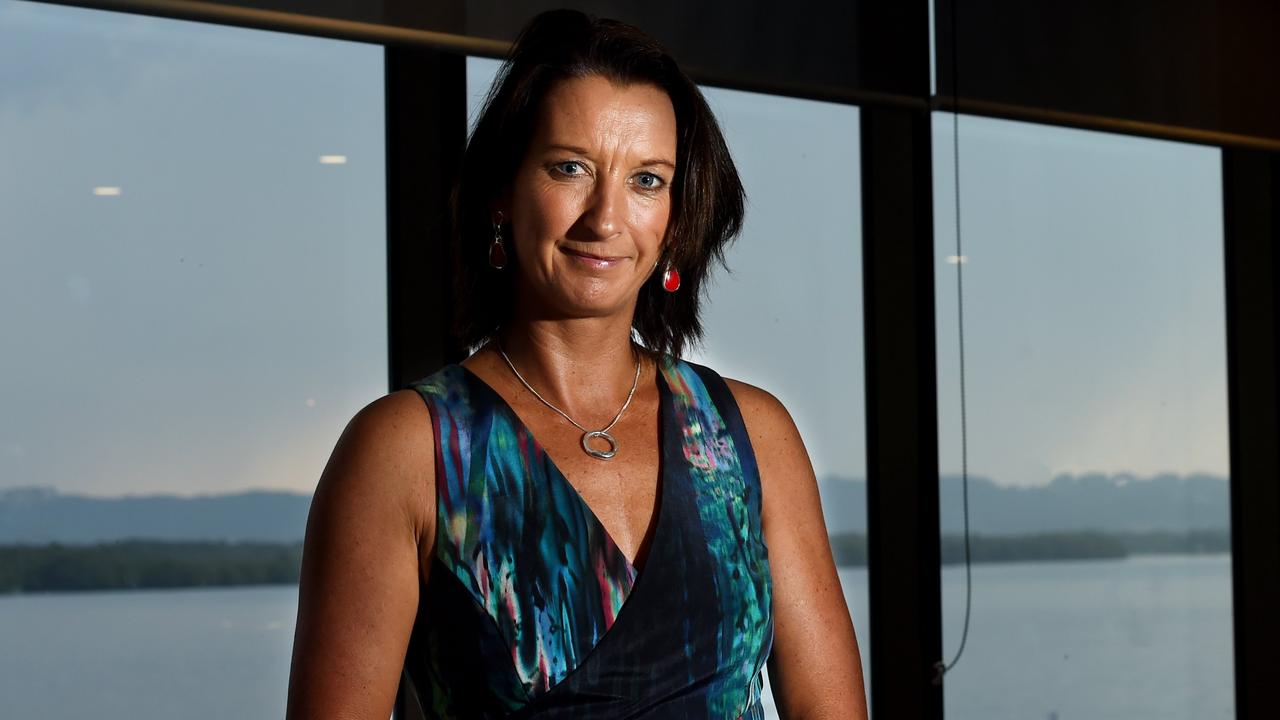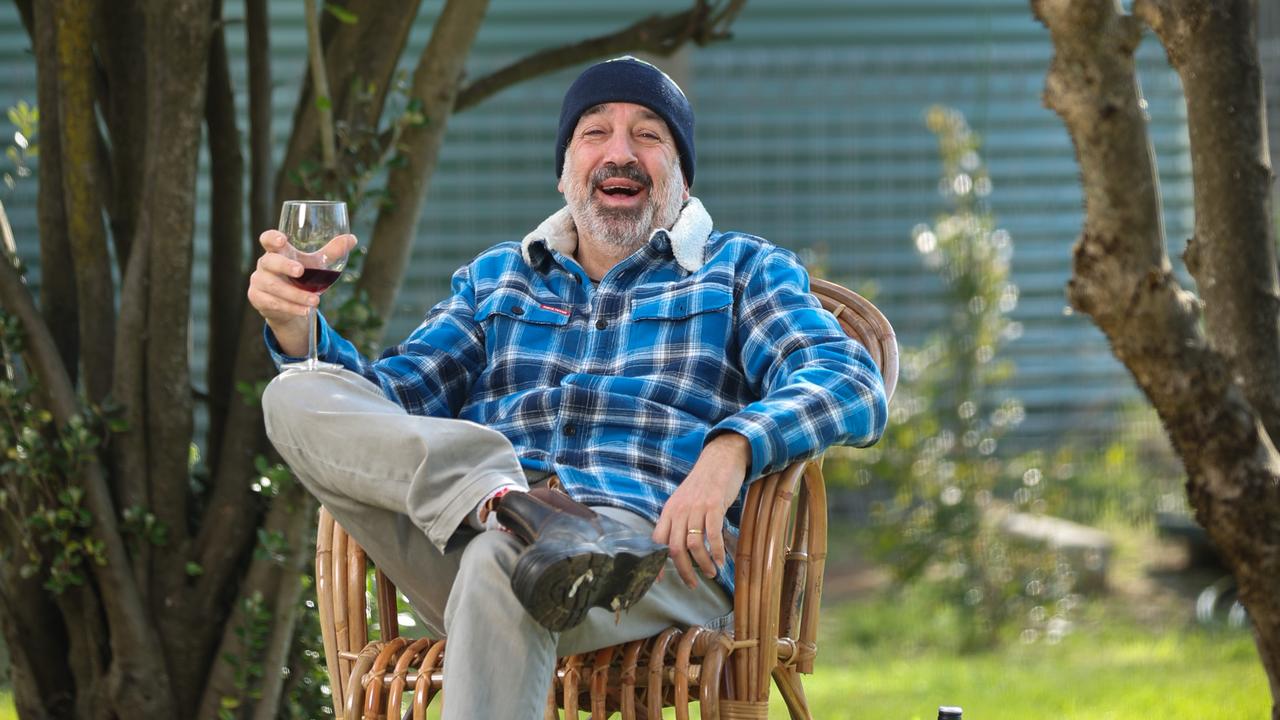Wife discovers husband living double life with second family and mistress
From dysfunctional couples, cheating scoundrels and clueless spouses, the temptations from online are ending in more broken relationships. Now the country’s top divorce lawyers reveal their most shocking cases and secrets of how to stay together.

VWeekend
Don't miss out on the headlines from VWeekend. Followed categories will be added to My News.
John Mazzotta says it’s a hackneyed phrase but it holds a lot of truth: there can be a fine line between love and hate.
The two-decade family law specialist has seen it all, from structuring legal and financial agreements at the beginning of a relationship to at-war couples at the bitter end.
“You can really love someone passionately, but then if something happens – if there is infidelity or whatever – then you can cross over very easily into that other realm,” says the partner at Melbourne’s Mills Oakley.
“Relationships are the core, the most important thing in people’s lives. You realise how important they are. If it doesn’t work out, especially if you are metaphorically standing at the altar, it can be devastating.”

For every three couples who tie the knot in Australia, more than one will divorce.
Most people work it out themselves, and a lawyer is engaged by fewer than one in 11 couples, according to a 2014 Australian Institute of Family Studies report.
Even fewer make it to a courtroom, and anecdotally, only about three or four per cent of couples will be before a judge.
This means family lawyers deal with the most complex, complicated or bitter breakups: unpicking interwoven financial settlements, allegations of child sexual abuse or domestic violence, potential ambit claims or one-upmanship.
An old family law saying goes: “We deal with good people at their worst, and bad people at their worst.”
Family Law Practitioners’ Association president Dan Bottrell says they have the benefit of observing the life cycle of relationships. “They see, daily, what works and what does not,” he says.
“Typically, people who enter the family law profession are those who enjoy human relationships, rolling up the sleeves and helping with people problems.
“They hear (their clients’) most personal fears and objectives.
“In the end they get to observe the results of their representation in how their clients get on with their lives – whether they are able to achieve happiness, whether their children go on to thrive. It’s not for everyone, but it is very satisfying work.”
These lawyers have all been in the business for decades. They’ve witnessed first-hand the shift from enduring divorce stigma in the 1980s – just a few years after the introduction of no-fault proceedings in 1976 – to the rise of de facto relationships and welcoming same-sex couples to the institution in 2017, among other cultural shifts.
So what have these professional veterans of divorce learned along the way about love and life? Well, like most things people do, it’s complicated.

As we emerge from the Covid pandemic, couples are once again getting hitched in front of their nearest and dearest. On average, this Saturday’s marriage ceremony will be between a 32.3-year-old man and a 30.5-year-old woman.
Mills Oakley Sydney family law accredited specialist Susan Warda, a three-decade veteran of family law, still loves a good wedding and the feeling behind it.
“I’m a really big believer in the institution of marriage, despite being a family lawyer,” she says.
“I love going to weddings. I still believe the institution of marriage is an important one. I believe in those traditional values.”
The married mother of two was thrilled when her 51-year-old beautician announced her engagement recently. “I was so excited for her so maybe it’s just that I am a romantic at heart,” she says.
But from her professional experience dealing with the exit end of relationships, she says love is more than romance, it is a commitment and the lived experience of aligned values and outlook.
“You need to have shared values to make it a successful marriage or relationship,” she says. “Those things take time to work out.”
This is echoed by leading Melbourne family lawyer, Mark Parker, who says a “commonality of interests” and trust are a crucial foundation.
The partner and national practice manager of family law at Lander & Rogers says there are many aspects to love. Romance morphs into something different over time.
Being able to apologise and work towards a shared solution is also important. It’s a good sign, he reckons, when each side of the couple can pursue their own interests or go away for a weekend, for example.
“Anyone who says they have the perfect marriage is telling you a furphy,” Parker says.
“Everybody has their arguments. Everybody has their ups and downs. But if you’ve got that sense of commonality, if at the end of the day your fallback position is to come together on things that are really important to you, I think that’s critical.”
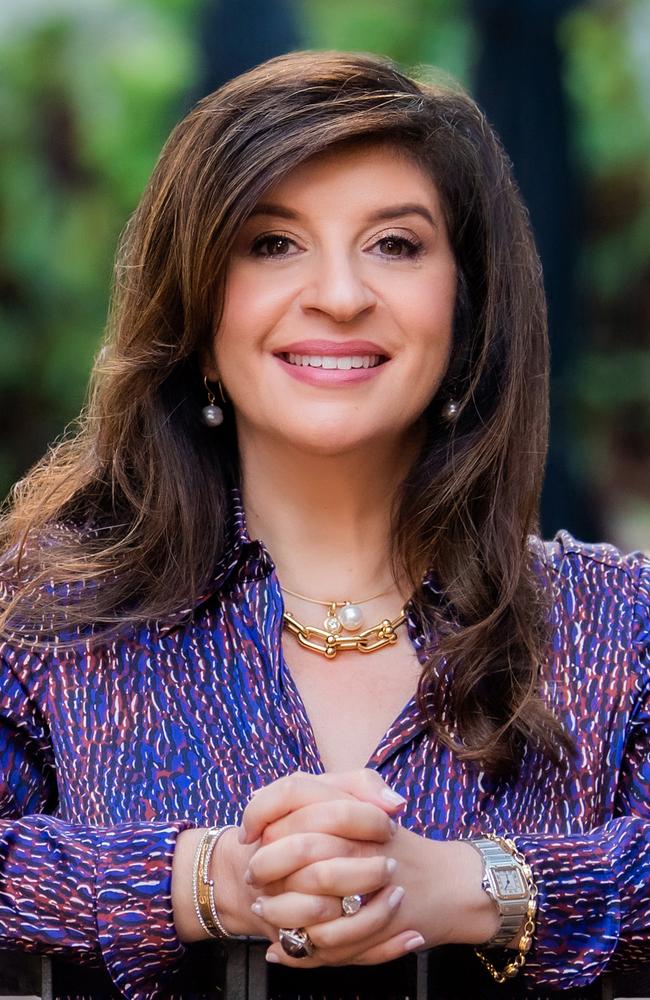
If the classics say every happy family is alike with a shared outlook, trust and open communication – then these lawyers contend each unhappy relationship is unhappy in their own way.
Most separations (56 per cent) occur within nine years, according to the Australian Institute of Family Studies. However, the proportion of divorces involving people married for more than 20 years has increased, from about 20 per cent in 1980 and 1990, to 28 per cent and 27 per cent in 2010 and 2017 respectively.
Parker says in the 1970s and 1980s people were married younger, before being able to experience life in the way younger people now expect.
“That’s hard,” he says. “It’s very difficult for two people who marry in their early 20s to have the same relationship, to grow in the same way throughout their 20s and 30s.”
Warda says sticking it out and learning to live with each other’s value set may also be harder in contemporary relationships, given people marry across cultures and backgrounds.
“The shared background is less common. People are more comfortable being in relationships with people they don’t know much about,” she says.
“In our parents’ time, for example, you would generally be marrying someone who may have been from the same church or the same community or the same ethnic origin, or with you and your friends in the same demographic.
“The internet has changed that. The way people date has changed that. All of those things impact on what I see now in why people separate.”

The lawyers agree couples are less likely to stick it out in a dud relationship than when they started in the law, putting that down to greater gender equality, changing social norms and a more individualistic and competitive culture.
“For a lot of younger people marriage doesn’t have that same sense of commitment that it did for older people,” Parker says.
“It’s not uncommon to be acting for people in their late 20s or early 30s who are going into their second marriages.”
Managing director of Brisbane firm Phillips Family Law, Tony Phillips, agrees.
And he sees in practice the academic research indicating women are more likely than men to initiate divorce in a poor relationship.
“If marriage was a car, by the time you started to get the third or fourth flat tyre, a woman would be starting to think it was time to get a new car,” Phillips says.
“I have men who come into me and describe their relationships, gobsmacked that their wives have ended them, and it’s like they’ve been driving around on four rims for the last 300km. Their relationship is so dysfunctional, and they have no idea.”
He says there are often red flags some men just don’t see or acknowledge.
One case involved a woman who had developed a relationship online with a man overseas.
For two years the wife would take all her annual leave to stay with her online friend in Europe, without her husband. Then she announced she wanted a divorce.
“They’re sad and they’re surprised,” he says. “It’s just mind-boggling.”

There are also the big reasons that can lead to more messy and more complex legal disputes: adultery, finances, and complicated family relationships.
They acknowledge that often when a client comes in, they are in the midst of the worst time of their life.
Warda reckons she has seen it all now. But then someone else will walk into her office enmeshed in an even more messy relationship situation.
“I cannot believe the complicated arrangements that smart people get themselves into, and the dumb things they do,” she says.
She cites a scenario where a wife, who has a primary school-aged child, discovered her husband was living a double life. He had a relationship with another woman with whom he had a child a year younger than her own. And then there was another partner.
“Now he’s going to be facing two property settlements at once!” she says.
But it’s not just men who are cheating, she says, increasingly it is women, too.
“When I was a junior lawyer it was always a wife telling you their husband had a girlfriend or a mistress,” she says.
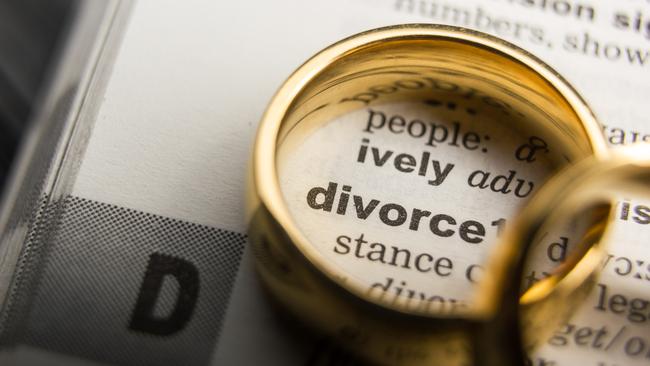
“In the last years there are as many men telling me their wives are in other relationships as men running off to other relationships.”
Parker also points to the wealth of opportunity for people, sometimes already unhappy in their relationships, to get themselves into tricky situations.
“It is very difficult for people in this day and age,” he says.
“With the sort of enticements of online and apps and the internet and all the rest of it, (it’s easier) to be distracted in a way that perhaps wasn’t around 20 years ago.
“Anecdotally, I’m sure there are much more outside influences than there ever were before.”
Keeping up with the Joneses and living beyond one’s financial means can also add major stressors that can tip a happy relationship into something else.
Sky-high school fees that consume a significant proportion of couples’ salaries, increasing work commitments, and complex investments that add stress and risk are all cited as reasons why people fight over money.
Then there is the complexity of unravelling all that if the relationship is breaking down. “Twenty or 30 years ago nobody had a family trust,” he says. “Now everybody seems to have a family trust. Everybody seems to have an investment property. Everybody is dabbling in the share market and all the rest of it.”
So here we are in a pandemic and Mebourne-based Mazzotta says despite families having been locked down in the city for months on end at times over the past couple of years, there has not been a surge in family law applications.
But any widespread insecurity – personal or financial – can compound to impact relationships.
“We all want security,” he says. “That comes with having a secure job and a regular income. People who don’t have that, it has a trickle-down effect and it can impact on a relationship.”
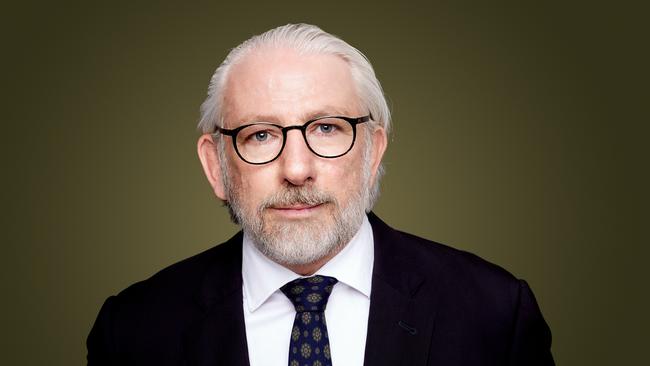
In the less Covid-affected state of Queensland, Brisbane lawyer Phillips says it’s not so much the additional stress of snap lockdowns or homeschooling that is prompting couples to part.
It’s the opportunity the buoyant property market presents.
When the primary place of residence can be liquidated quickly and for a good price, couples can split more quickly and efficiently.
“If you put your house on the market and it’s going to take six months to sell, you think, ‘Oh well, we will have to put up with it’,” Phillips says.
“What happens now though, you have this market where people can list Monday, have an open house Saturday, and Sunday they’ve got a contract.
“Being able to liquidate assets flows through to more people going, ‘Well, let’s get out’.”
What does being a top divorce lawyer mean for the people themselves? Does love become meaningless or more meaningful?
Warda concedes her day-to-day work has made her appreciate her relationships and forge compromises but also a bit jaded about the grand love story.
“It makes you cynical,” she says. “You hear some brilliant love stories that have gone terribly wrong. So you do approach other people’s relationships – and your own – with some level of cynicism.”

Sometimes the fractious relationships at the core of Tony Phillips’ work just make him shake his head.
The almost 40-year veteran of the family law world sees the final chapters of relationships, sometimes after years of bitter resentment simmering away, chipping away at a couple’s initial love.
“At times I’m pretty sad,” he says.
“I see people who obviously at one stage were in love, get to a point where they hate each other with a passion. Sadly, there are cases where people are almost irrationally blind with hatred.”
But for all the heartache Phillips is surrounded by in his work, it emerges he happily returns home each evening to the same 37-year marriage he entered just a few years after starting as a junior lawyer.
Three children and two grandchildren in, his life is built on the foundation of his solid, happy marriage to wife Judy.
“I’ve been very lucky in my relationship,” he says. “We were good mates for about four or five years before we got married. Being good friends beforehand is probably a better way of doing it. I still think marriages and relationships are worthwhile.”
More Coverage
Originally published as Wife discovers husband living double life with second family and mistress




